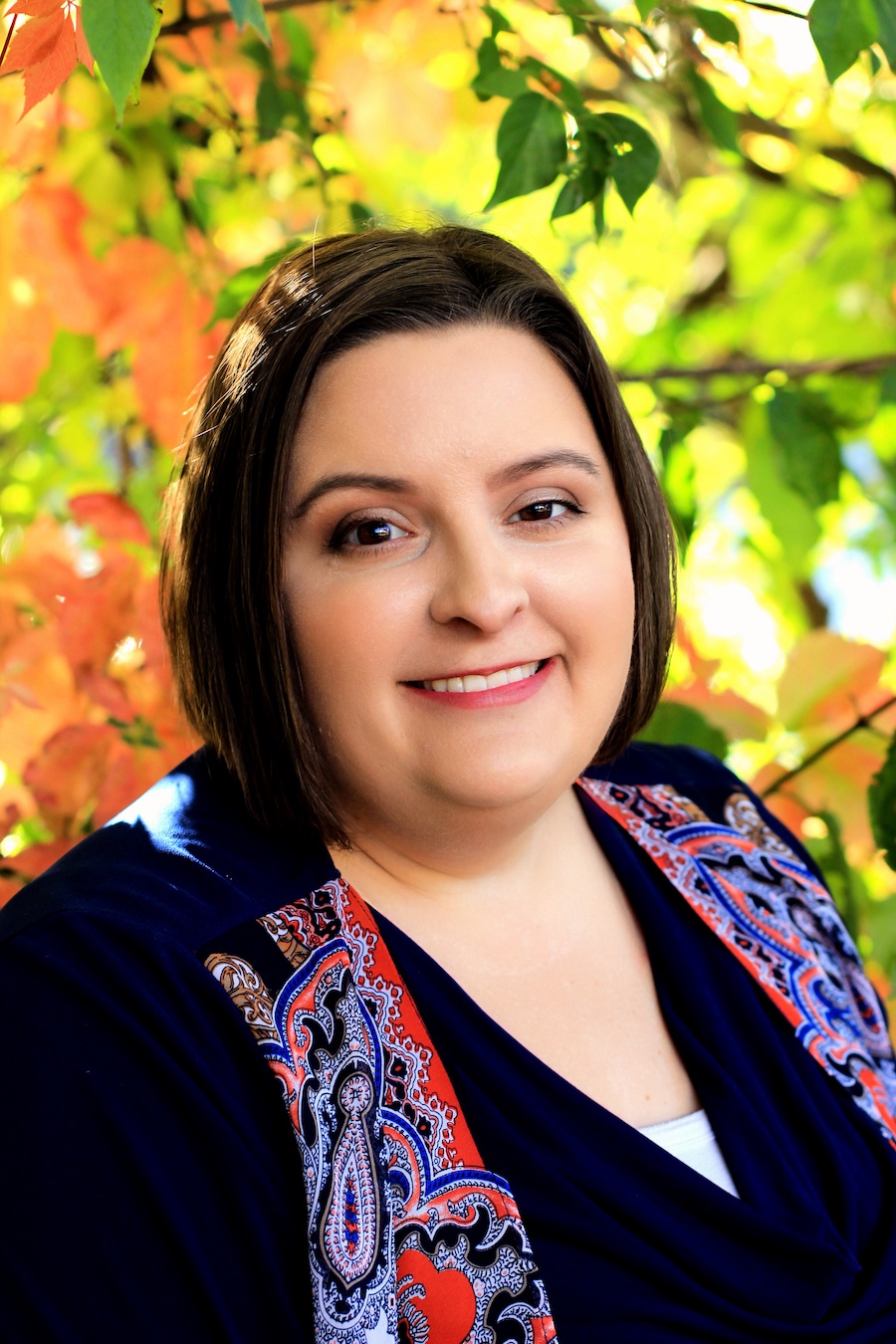By Natalie Perry
It took me several years to figure out my sexuality, mostly because terminology for my identity didn’t exist when I was younger. I’m pan-demisexual and greyromantic. I initially suspected I was bi when I was in college, but the term didn’t seem quite right. I had fallen for a girl for the first time, making me realize that I was attracted to more than guys. But I also had the sense that I didn’t experience attraction like most people did. It wasn’t until 12 years later that I heard the term demisexual and everything clicked.
My identities in some ways seem in opposition to each other. Gender isn’t a factor in who I’m attracted to, so I should have the potential to be attracted to anyone. Yet, as a greyromantic, demisexual, I rarely experience attraction.
For me, it can be strange to be in bi+ spaces. I sometimes feel, due to my greyromantic and demisexual identities, that I’m not really bi/pan enough. Demisexuality is the main component of how I describe my attraction. For me, the “how” has a bigger impact than the “who.” However, I’ve been fortunate that many of the bi+ spaces that I’ve encountered focus on several non-binary identities. I usually feel that the people I meet in bi+ spaces have a better understanding of the asexual and aromantic spectrum than the general LGBTQ+ community.
Given the choice, I tend to spend more time in asexual spaces, as I feel I relate more to people there. It isn’t always the right fit, as being on the asexual spectrum isn’t the same as identifying specifically as asexual. But in the asexual community it’s common to hyphenate identities, and there are many people who identify on the asexual spectrum and something else. So it’s more likely that I’ll meet people who hold both of my identities in asexual spaces than in bi+ spaces, and that means people there might understand me more.
Lack of understanding is the main struggle I face with my identities. Having a non-binary identity can be challenging because so many people see things as “either/or” and I’m not solidly in either group. And yet both groups will often question the validity of the identity of those in-between.
Not feeling like I fit in the binary options isn’t new to me. I’ve spent most of my life feeling as if I’m walking along a line with each foot in a different world. I am also queerspawn, an identity term for people with at least one LGBTQ+ parent or guardian. I’m the product of a heterosexual relationship, but my dad came out to my immediate family when I was 12 years old. Due to his position as a high-level judge who had to run for re-election, he didn’t come out publicly. So for two decades, I lived in a closeted gay family.
I very much feel that queerspawn could be considered another non-binary identity. Many in the straight community saw me as like them, never knowing my secret, as I hid my family. It was strange to be surrounded by heteronormativity at school and work and then go home to a very queer space. Since my dad came out to me, part of me has always been culturally queer, but as the child of LGBTQ+ parents the queer community has often disputed my place in it.
When I came to suspect that I might be queer myself, it raised even more uncertainty for me: how does one navigate the world as a second-generation LGBTQ+ person? How did I feel about claiming a new space in a community that had questioned my place in it? How accepted would I be? For so long the story around LGBTQ+ families has been, “gay people don’t make their kids gay.” I couldn’t help but wonder how people would treat me if I weren’t the “right kind” of queerspawn.
Ultimately, I’ve learned to navigate queerspawn life by not relying on others to legitimize me. It still huts when people question the validity of my identity or question my existence in spaces. I get tired of having to explain myself and my right to claim LGBTQ+ space because others aren’t familiar with my terminology or don’t understand my identities.
I accepted a long time ago that there would always be people who don’t understand me and my family. Everything I learned growing up queerspawn has influenced my pan-demisexual identity, and that has helped me more more freely in this world. I think I will always feel like I walk in two worlds: never queer enough, but not straight either. I exist somewehre in between, but at least that space feels like mine.
Natalie Perry is an author, public speaker, and advocate for LGBTQ+ families.

